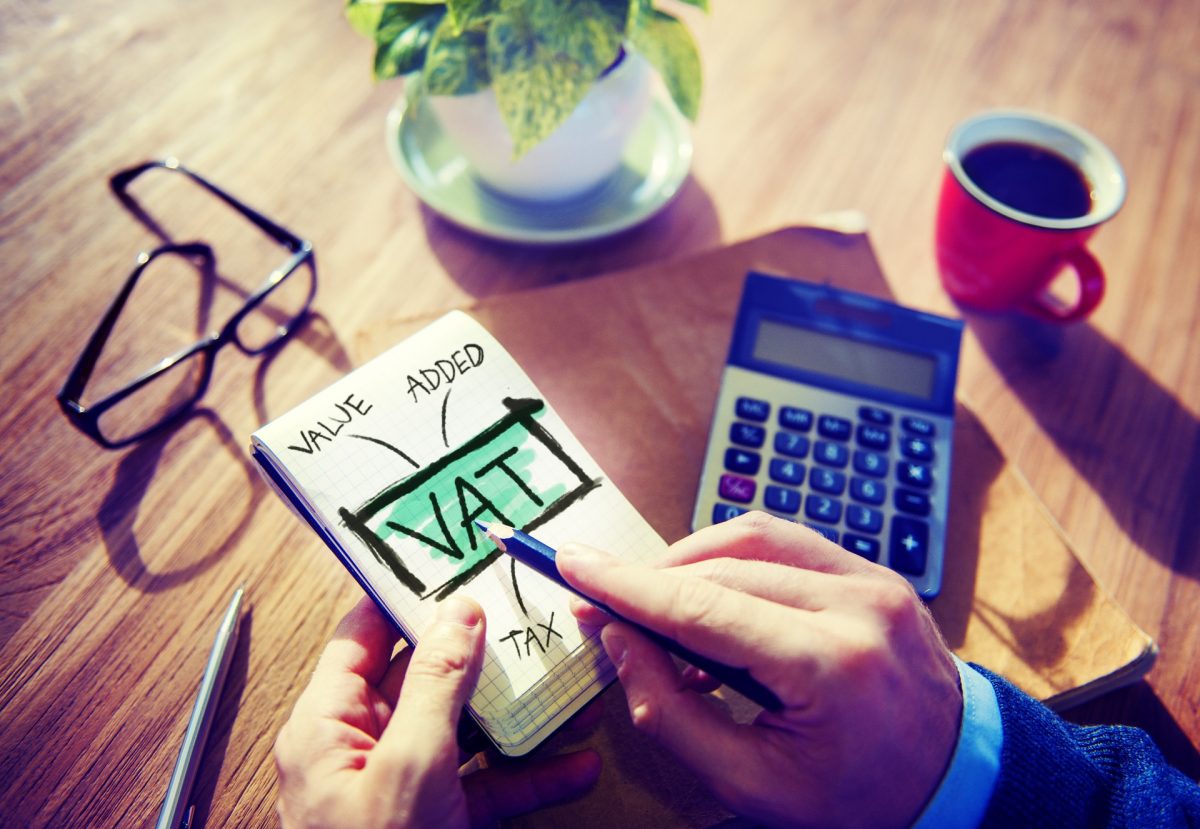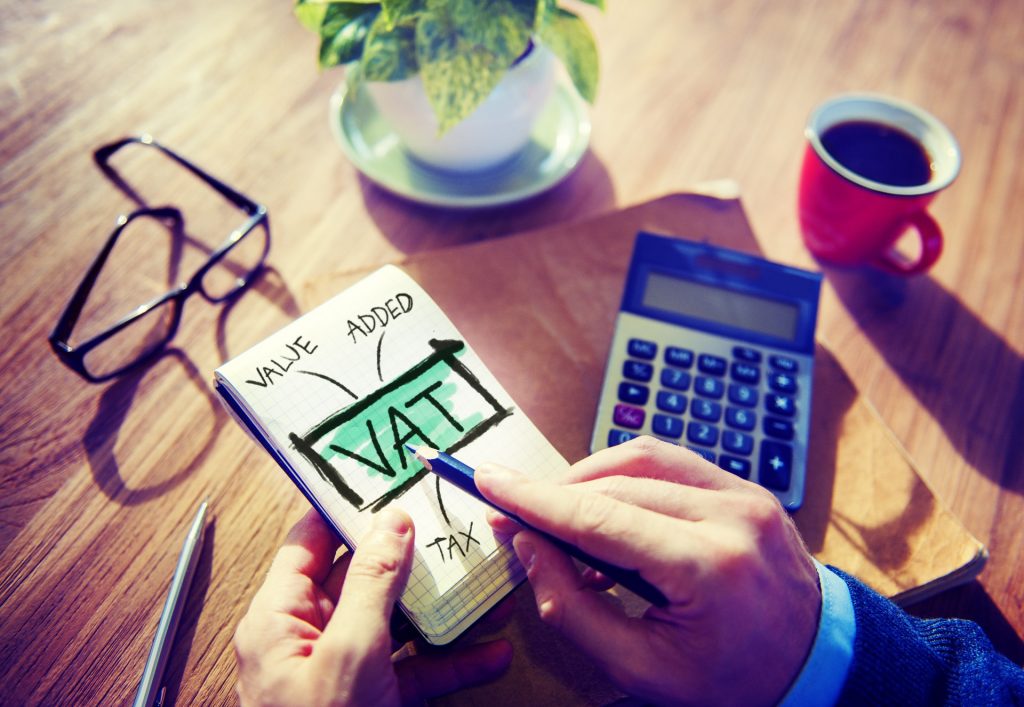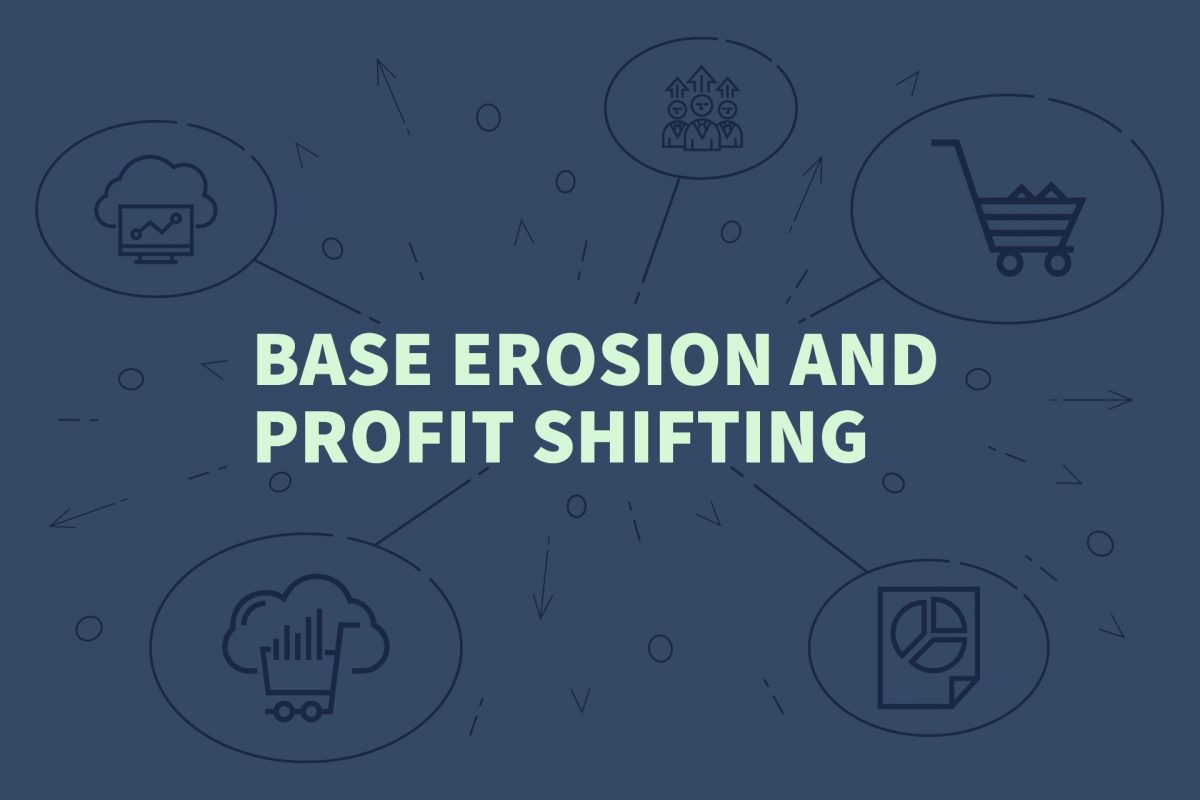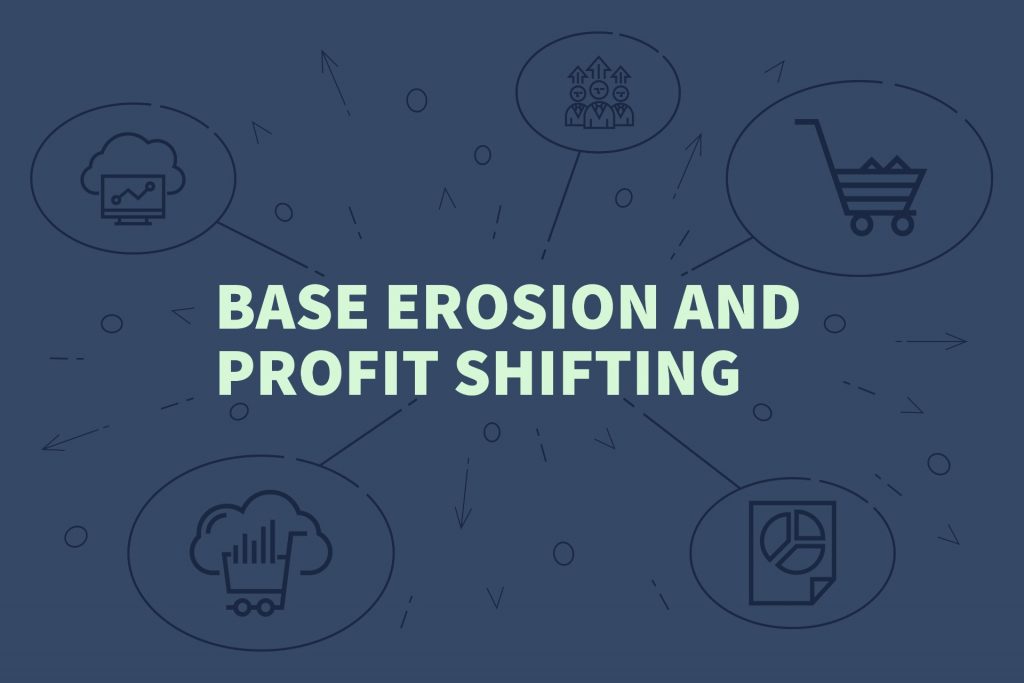

VAT public clarification on Tax Invoice
The United Arab Emirates’ (“UAE”) Federal Tax Authority (“FTA”) has published a new Value Added Tax (“VAT”) public clarification on tax invoice requirements. The new public clarification is relevant to all businesses making taxable supplies and provides further clarity on the issuance of tax invoices.
VAT Public Clarification VATP006 addresses the application of article 59 of Cabinet Decision No. (52) of 2017 on the Executive Regulations of the Federal Decree Law No. (8) of 2017 on Value Added Tax, which sets out the requirements for when a tax invoice must be issued and the particulars that must be included.
A tax invoice can be defined as a written or electronic document in which the occurrence of a taxable supply is recorded with details pertaining to it and is generally issued by the supplier of goods or services.
The tax invoice plays a crucial role for the supplier as it may dictate the date if supply, thereby determining the tax period in which the output VAT is to be paid. On the other hand, a recipient will need the VAT invoice for the recoverability of the input VAT.
The Federal Tax Authority (FTA) prescribe certain criteria for who is obligated to issue a tax invoice.
- VAT registered person making a taxable supply (excluding zero rated supply)
- VAT registered person making a deemed supply
The FTA requires suppliers to issue the tax invoice within 14 calendar days of the date of supply, providing flexibility to compound multiple monthly transactions for the same customer under a single invoice.
As per the FTA guidelines, there exist certain situations when the obligation of producing the tax invoice is shifted from the supplier. It may be the responsibility of the recipient to issue a “Buyer-created tax invoice”. In cases of consignment of goods to an agent, the agent may issue a tax invoice in relation to that supply with the particulars of the agent as if that agent had made the supply of goods or services itself with a reference to the principal supplier (e.g including the supplier’s name and tax registration number “TRN”).
Where the recipient is not registered for VAT, or where the recipient is registered for VAT and the consideration for the supply is under AED 10,000, optionally a simplified tax invoice can be prepared with requirements as follows:
- the words “Tax Invoice” clearly displayed on the invoice;
- the name, address, and TRN of the registered supplier;
- the date of issuing the tax invoice;
- a description of the goods or services supplied; and
- the total consideration and the VAT amount charged.
In addition to the above, supplies over AED 10,000 necessitate additional requirements for a full tax invoice as follows:
- where the customer is registered for VAT, the name, address, and TRN of the customer;
- a sequential tax invoice number or a unique invoice number;
- the date of supply (where different from date of issue of the tax invoice);
- for each good or service, the unit price, the quantity or volume supplied,
- the rate of VAT and the amount payable expressed in AED;
- the amount of any discount offered;
- the gross amount payable expressed in AED;
- the tax amount payable expressed in AED together with the applied exchange rate;
- where an invoice relates to a supply under which the recipient is required to account for VAT, a statement that the recipient is required to account for VAT, and a reference to the relevant provision of the Law.
The public clarification clarifies that there is no requirement for line items to be shown on the simplified tax invoice at a net value. This means that the total gross amount and the VAT amount should be stated in separate lines at the bottom of the simplified tax invoice.
However, for full tax invoices, the line items must show the tax value and net value, but there is no need to present the gross amounts for each line item as this is reflected in the total gross amount payable.
Whenever a taxable supply is made, a tax invoice must be issued and delivered to the recipient. If the conditions for a simplified tax invoice are met, then a simplified tax invoice can be issued and delivered instead. It is not acceptable to offer only an option of providing an invoice upon request and thus not provide one if the customer does not request one. A tax invoice must be provided in all circumstances where a taxable supply is made.
However, the Cabinet Decision No. (3) of 2018 on Tax Invoices provides issuers of tax invoices the flexibility of using the mailing address of the recipient as an alternative to their physical address.
Furthermore, the clarification requires that all tax invoices must have the tax amount converted and stated in UAE Dirham even if the transaction is made in some other currency. The invoice may still contain information regarding prices in the original currency. The exchange rate used must be a rate determined by the UAE Central Bank.
Another important thing to note for a tax invoice is the rounding of amounts to the nearest Fils (that is up to two decimal places) where the invoice amount is a fraction of a Fils (1 Dirham = 100 Fils). The clarification guide instructs to follow the mathematical principles for rounding off. The general rules for rounding off are as following,
- If the number you are rounding is followed by 5, 6, 7, 8, or 9, round the number up.
Example: 4.5387 rounded upto 2 decimals as 4.54
- If the number you are rounding is followed by 0, 1, 2, 3, or 4, round the number down.
Example: 6.7234 rounded to 6.72
This publication is important as the tax invoice process is relevant to all businesses making taxable supplies, and tax invoices received must be compliant with the UAE’s VAT legislation to enable input tax recovery on the VAT return. In this regard, it is important to note that these requirements are mandatory rather than optional.
Failure to comply with the stated requirements can have a number of implications for the business, ranging from commercial (such as the customers may not be entitled to a Tax Credit for VAT incurred), to the imposition of penalties for the failure to issue and deliver compliant tax invoices. The FTA has prescribed a penalty of AED 5,000 for each tax invoice in case of failure by the taxable person to issue a tax invoice when making any supply.












